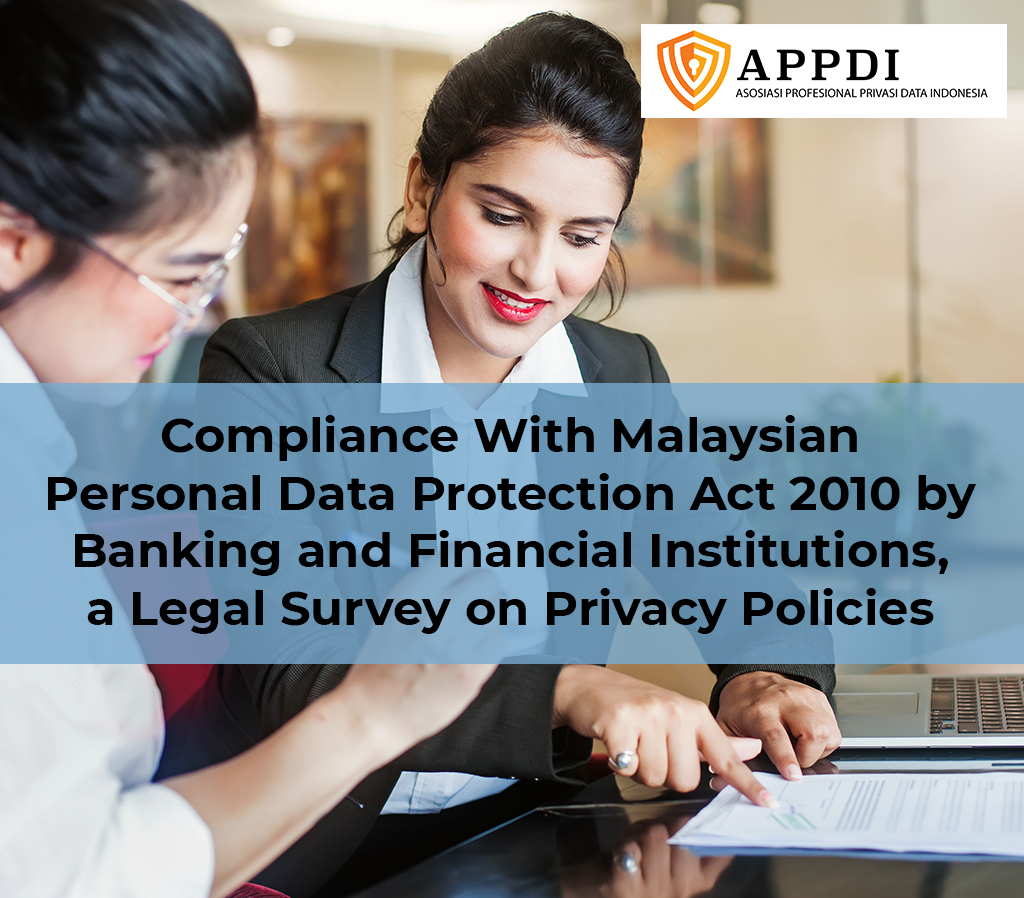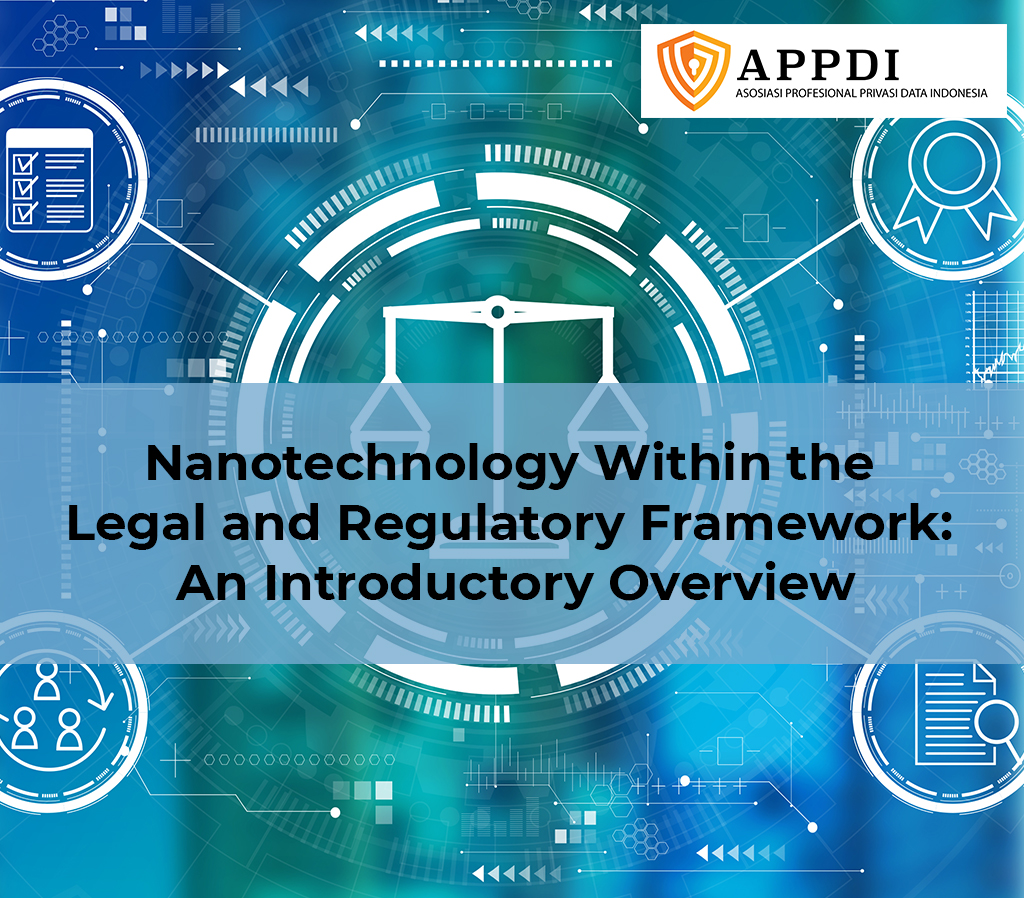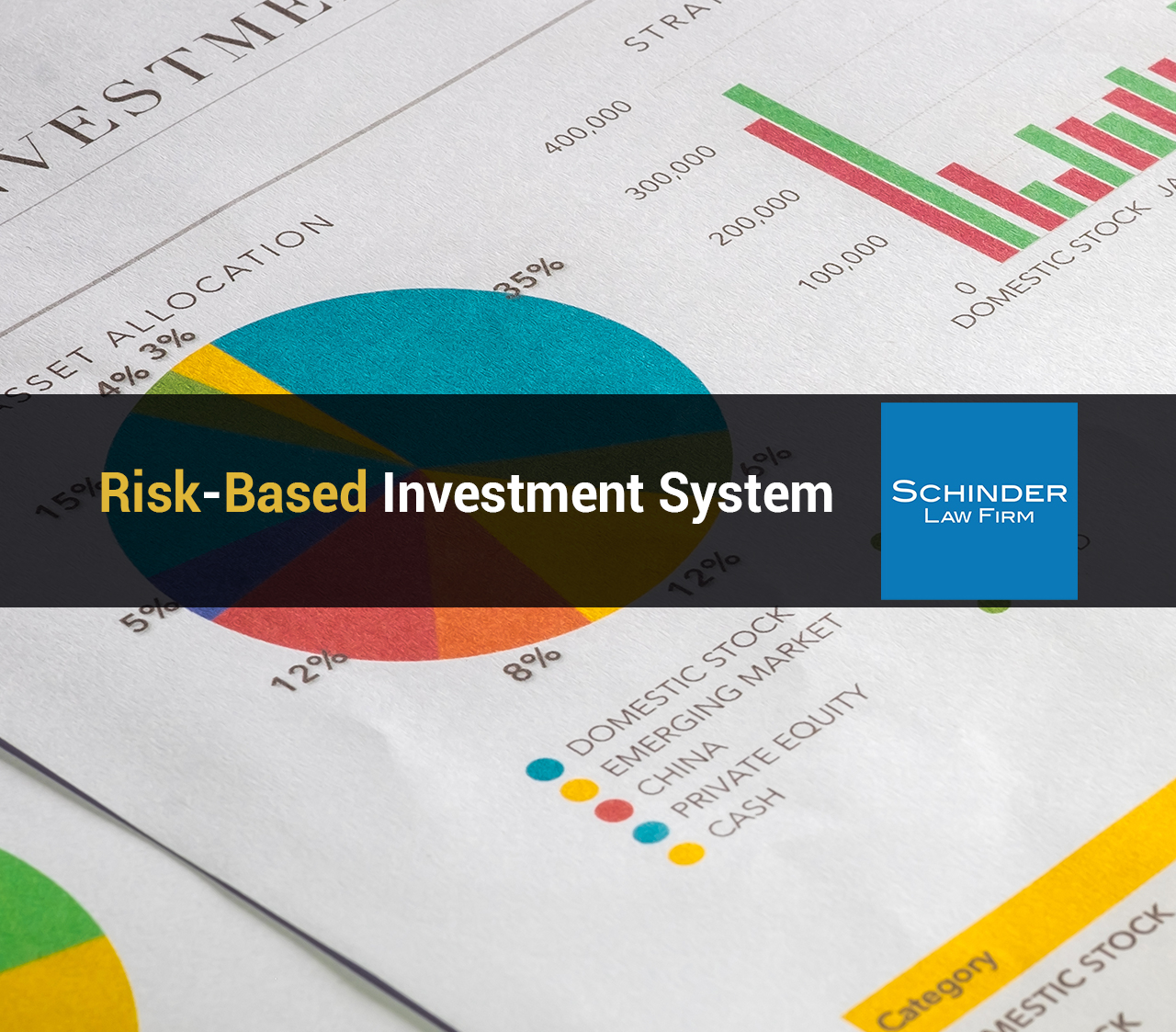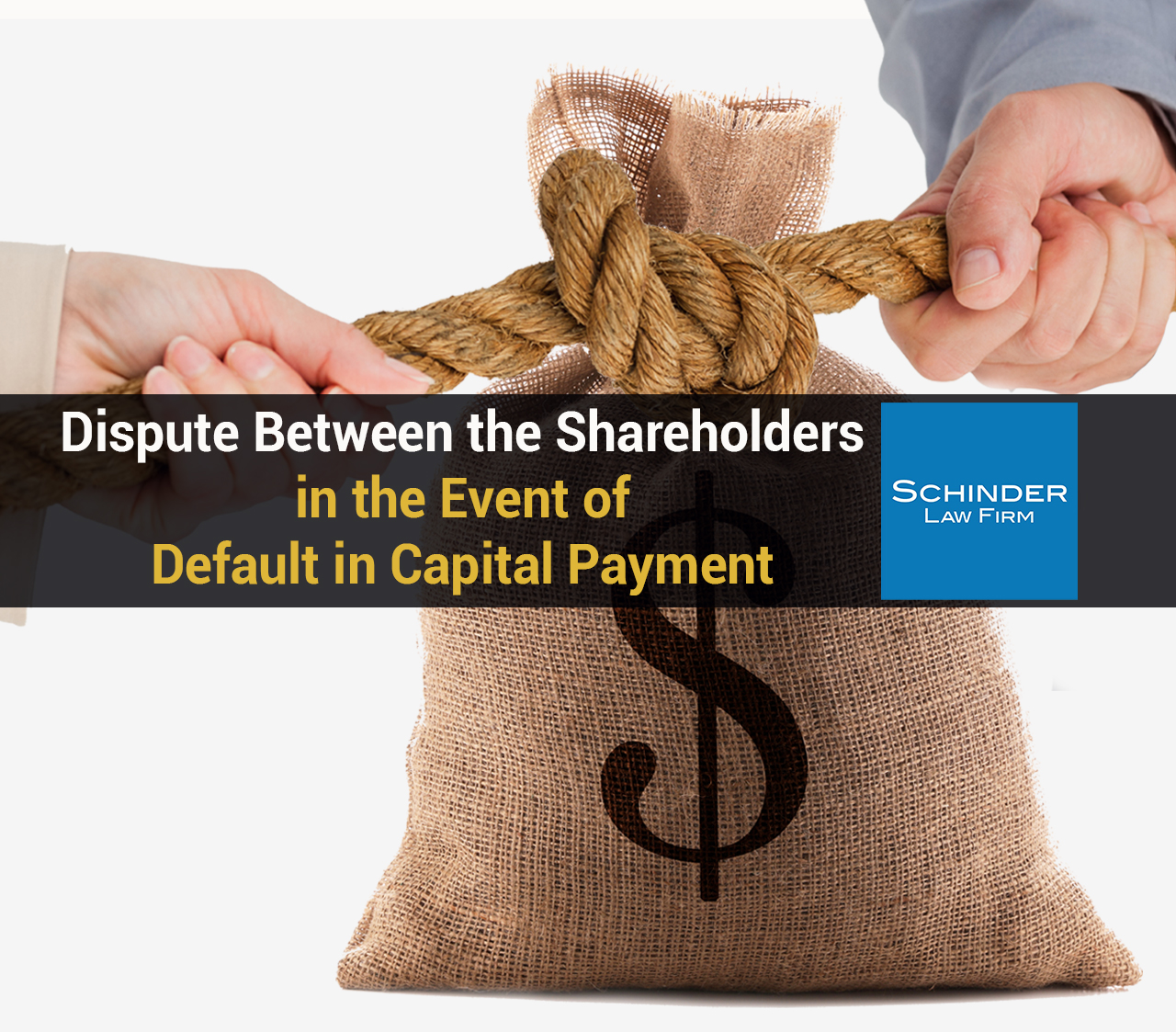Newsletter

New OSS Platform: Online Single Submission Risk-Based Approach (OSS-RBA)
Sep 01, 2021
The Government has officially launched a new version of OSS under the name Online Single Submission Risk-Based Approach (OSS-RBA) with Government Regulation Number 5 of 2021. Pursuant to Government Regulation No 5 of 2021 regarding the Operation of Risk-Based Business Licenses or Peraturan Pemerintah Nomor 5 Tahun 2021 Tentang Penyelenggaraan Perizinan Berusaha Berbasis Risiko ("GR No. 5/2021")

Compliance With Malaysian Personal Data Protection Act 2010 by Banking and Financial Institutions, a Legal Survey on Privacy Policies
Aug 31, 2021
The sensitivity and value of personal information, especially financial data concerning the increasing threats, particularly in the online domain, make it urgent to assess how far financial companies are serious about respecting and protecting individuals information privacy.

Payment Service Provider in Indonesia
Aug 25, 2021
The latest BI regulations classify payment system service providers into two sectors, namely payment service providers or Penyedia Jasa Pembayaran (PJP) and payment system infrastructure operators or Penyelenggaraan Infrastruktur Sistem Pembayaran (PIP). PJP carries out activities to provide information on sources of funds, payment initiation or acquiring services, administration of sources of funds and remittance services, while PIP carries out clearing and final settlement.

Nanotechnology Within the Legal and Regulatory Framework: An Introductory Overview
Aug 24, 2021
Nanotechnology, often referred to as the next industrial revolution after the internet, is an interdisciplinary study and the wave of the future. It is the science of manipulating technology at an atomic and molecular scale and is no longer an issue for scientists only. It has limitless potential and can be used in most areas of human need.

Understanding, Knowledge and Perception of Nanotechnology among Private Universities Students in Malaysia
Aug 18, 2021
Modern day policy making demands to include citizens in the decision making process and this is crucial before the introduction of any emerging technology such as nanotechnology, the science and art of manipulating things at the atomic scale. Even though there is no comprehensive governing regulation, there are already more than 1600 consumer...

Gas in the City, Gas Network
Aug 18, 2021
The supply of gas in Indonesia is quite abundant, but unfortunately, has not been used optimally domestically. To meet domestic gas needs, especially for household needs, more is supplied from imports of liquefied petroleum gas (LPG). In fact, gas is delivered to household customers through pipes known as the city gas network or a natural gas network for households ("Jargas"), which is much cheaper than the price of LPG. The main objective of the Jargas is to make people's lives easier, along with lowering LPG imports and saving on foreign exchange at a macro level.

Using Static Concentrator Technology to Achieve Global Energy Goal
Aug 10, 2021
Solar energy has demonstrated promising prospects in satisfying energy requirements, specifically through solar photovoltaic (PV) technology. Despite that, the cost of installation is deemed as the main hurdle to the widespread uptake of solar PV systems due to the use of expensive PV material in the module. At this point, we argue that a reduction in PV cost could be achieved through the usage of concentrator

Risk-Based Investment System
Aug 10, 2021
One of the adjustments for investments regulated under Law No. 11 of 2020 regarding Job Creation is the transition to a Risk-Based Investment System implemented in the Risk-Based Business Licensing. According to Article 1 Government Regulation No. 5 of 2021 regarding Risk-Based Business License Management (GR 5 2021), Risk-Based Business Licensing is a business permission that is granted to applicants to start their business according to the level of potential for injury or loss from a hazard or a combination of the likelihood and effect of the hazard.

Dispute Between the Shareholders in the Event of Default in Capital Payment
Aug 04, 2021
Establishing a new company or investing in an existing business, no matter the size, requires an agreement between two or more shareholders of a corporation. The Shareholder Agreement is made not only to set out the capital and management structure, but also to mitigate any risk of default related to the implementation of the Shareholder Agreement. The Shareholder Agreement can later be implemented in the Company Article of Association.

Registration of Nanomaterials and Nano-Enable Products: Solution in Regulation and Governance or New Challenge
Aug 03, 2021
Regulation and governance of infinite number and diversified types of engineered nanomaterials has been a genuine challenge for the regulators around the world in recent times. Recent experience with the genetically modified food compelled the regulators, specially from the Europe, to take cautious move from the very beginning regarding nanomaterials.